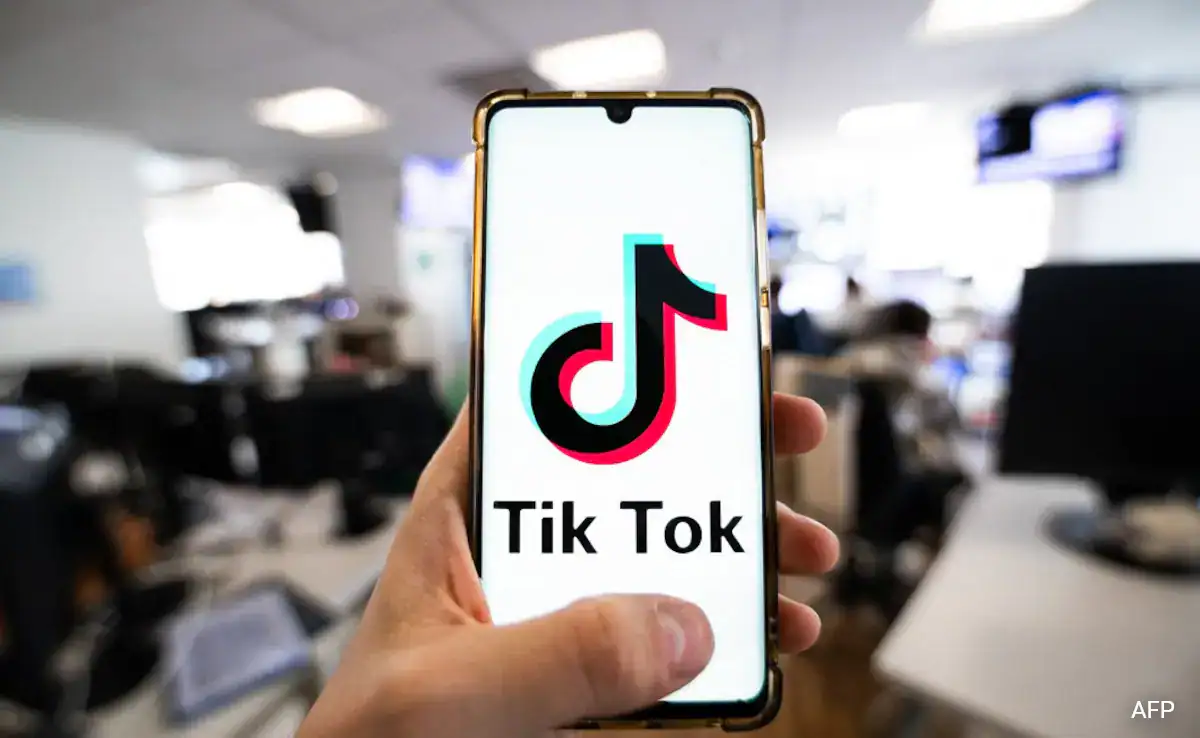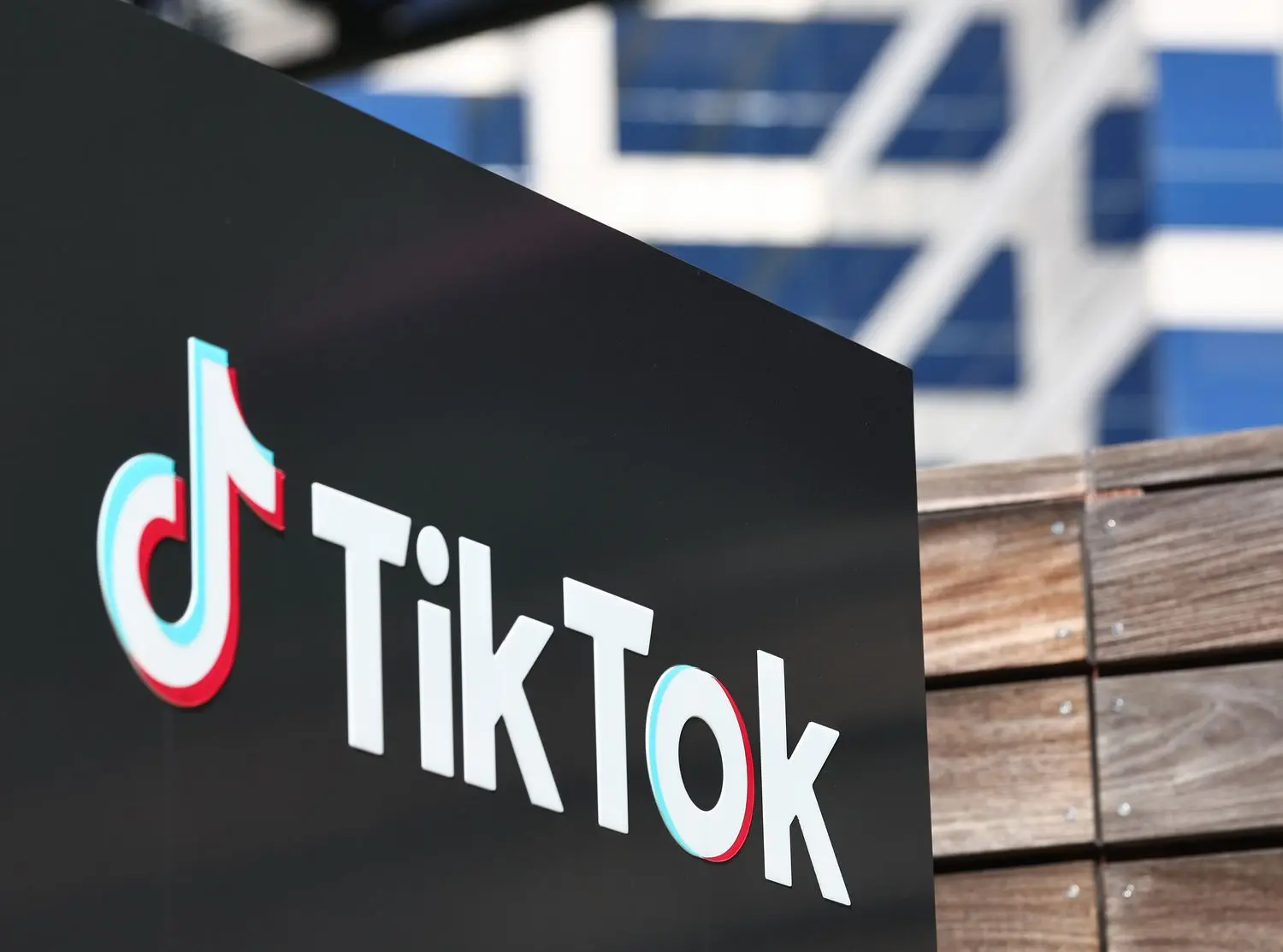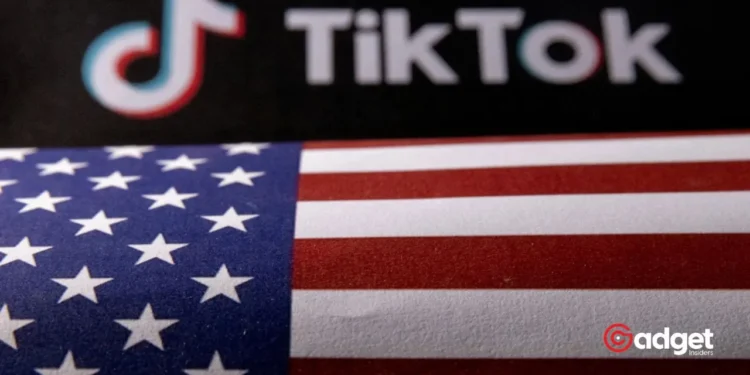In the swirling vortex of tech and policy, TikTok has once again found itself at the crux of a critical decision following intense scrutiny from US lawmakers. Despite rampant speculation and circulating reports, TikTok has vehemently denied any plans to sell or divest its operations from its parent company, ByteDance. This development comes in the wake of a significant legislative push by the US Senate, which has positioned a bill that could potentially outlaw TikTok in the US if it continues under ByteDance’s umbrella.
The company clarified its stance in a statement to the New York Post, directly countering an earlier narrative from The Information that suggested TikTok was contemplating a partial divestiture of its US operations, specifically excluding its pivotal algorithm. TikTok’s clear message: it would rather cease its US operations entirely than be coerced into selling to an American entity—a stance underscored by the bill’s requirement for such a divestiture.

Legal Battle Looms as TikTok CEO Takes a Stand
Adding to the drama, TikTok’s CEO, Shou Zi Chew, has publicly announced readiness to confront the US legal system head-on should President Joe Biden enact the controversial bill. This bold declaration marks a significant escalation in the ongoing discourse surrounding the app’s future in America, reinforcing the company’s commitment to retaining its structure and ownership intact.

TikTok’s Campaign: A Mobilization of User Support
Amidst legislative developments, Company has not remained passive. The platform engaged its vast user base, urging them to exercise their constitutional rights by advocating against the bill during the crucial House vote. However, this strategy may have backfired, as it prompted an overwhelming response that culminated in a unanimous decision by lawmakers to advance the bill, reflecting a stark rejection of the company plea.
ByteDance and TikTok: Navigating Through Legislative Challenges
The overarching narrative of TikTok’s struggle in the US is deeply intertwined with concerns over data security and the broader implications of its Chinese ownership by ByteDance. The RESTRICT Act, which prominently targets social media giant, labels it as a foreign entity potentially susceptible to obligatory sale to American companies—a prospect the company staunchly opposes.
Is Israel banning American Tik Tok? or is behind a potential ban.
The US political establishment is pushing to ban TikTok.
Israel is behind the destruction of this platform which is fueling pro-Palestinian sentiments.
pic.twitter.com/RDWfxlDLkd— Ammar (@AMustafa82234) April 18, 2024
Conclusion: A Pivotal Moment for TikTok in the US
As Social media giant stands at a legislative crossroads, the future of its operations in the US hangs in the balance. With the company’s firm refusal to sell or divest, coupled with an impending legal confrontation, the next chapters of this saga will undoubtedly be crucial. As policymakers and the tech giant brace for further developments, the global company community remains keenly watchful of the outcome, which could redefine digital sovereignty and operational freedom in the tech world.
This confrontation is not merely about business operations but a broader battle over control, data privacy, and the geopolitical tug-of-war that modern digital platforms increasingly find themselves in. As this story unfolds, it will serve as a litmus test for the resilience of tech companies against the formidable force of national legislation.









